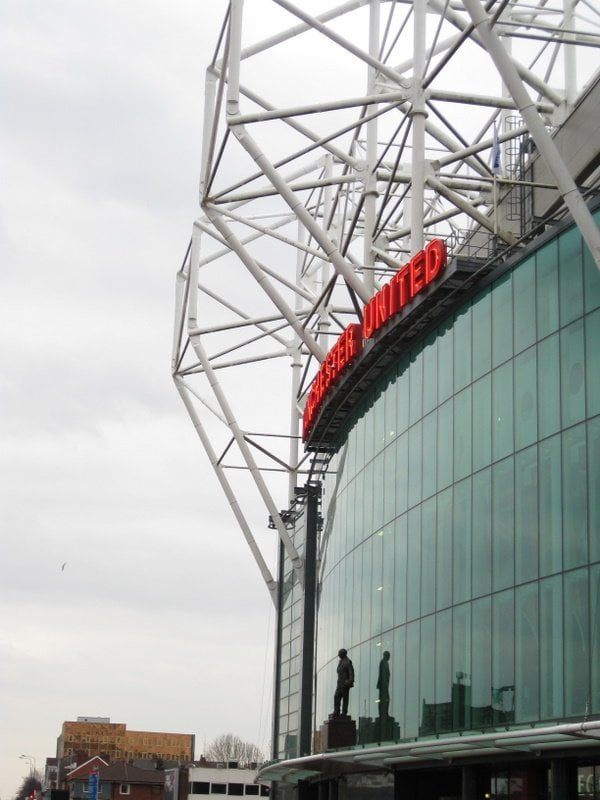 Since Sunday morning, the Doctor and I have slowly been making our way from the Chesapeake Bay to New Bern, North Carolina, in a boat ably piloted by the pater familias. I must confess that I was worried about sporadic Internet access – not only dreading a backlog of emails to digest and respond to, but also knowing that I would be missing out on all sorts of interesting chatter on Twitter.
Since Sunday morning, the Doctor and I have slowly been making our way from the Chesapeake Bay to New Bern, North Carolina, in a boat ably piloted by the pater familias. I must confess that I was worried about sporadic Internet access – not only dreading a backlog of emails to digest and respond to, but also knowing that I would be missing out on all sorts of interesting chatter on Twitter.
But being away from the Internet – and perhaps especially from Twitter – can be a good thing. Now that I’m catching up on a few day’s worth of timeline in a few hours, I can see that I might have become involved in various wars, in ways that might later be regretted. The forced remove conduces to slower consideration.
It also starkly reveals how little there is worth paying attention to – among the gems of insightful links and stimulating conversations, there is still so much wasted time, and so many pointless moments of narcissism on a platform like Twitter. And of course, we can all be guilty of those, and I know I sometimes am – but we should try to make those funny, at least, so that some value can be extracted from them.
The one thing I regret having missed is the conversation around Business Day’s publishing the 2008 Sunday Times report, which occupied many SA Twitter timelines on June 15. If you know nothing about this story, read this (see links to earlier articles at the bottom), this and this (especially this last one, where the editor of Business Day, Peter Bruce, summarises why BD published the report, and his views on the controversy that resulted from doing so).
Sure, I can read all the virtual column-inches now, but the conversation has now slowed – the real-time exchanging of views between interested parties has concluded, and opinions are most likely entrenched. You get a chance to influence what people think, and have them influence what you think, on a platform such as Twitter, and this often happens before the columns, op-eds and articles are written. And we don’t often go back to revise our views, especially once we have committed them to ‘paper’. So these conversations are a pity to miss, and one clear advantage that the social web has over books and paper.
But despite having missed a few such conversations, it has been wonderful to get a chance to do some serious reading. If you’re interested in the conversation around what effects social media and the Internet are having on us, read Jaron Lanier’s wonderfully contrarian You are not a gadget. If you are interested in debates around personhood – what makes you you, and are you the same you as you were 20 years ago – Julian Baggini’s The Ego Trick is very good.
Both sorts of interacting (ie. the immediate and the traditional) with words, and with ideas, are valuable. We shouldn’t neglect or demonize either of them – but rather make sure we take full advantage of both. But having said that, until our small boating crew gets back to terra firma next weekend, I quite look forward to reading a few more books.























